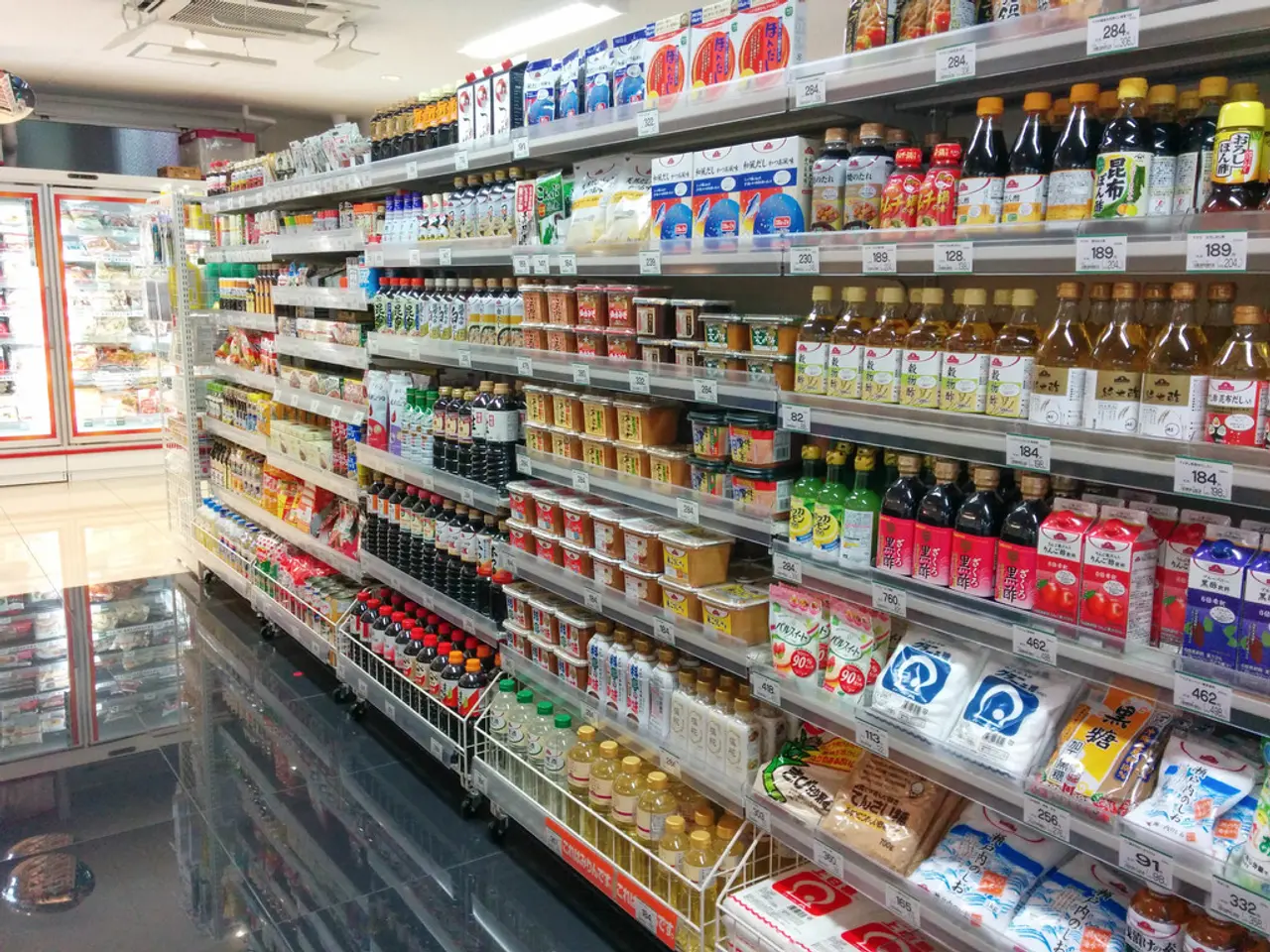Selecting the Optimal Telephone System for Small Enterprises
In today's fast-paced business environment, having a reliable and efficient communication system is crucial. For small businesses, the decision between an on-site phone system and a cloud-based phone system can be a challenging one. Each option has its distinct advantages and drawbacks, depending on specific business needs, IT capabilities, and budget.
Cloud-Based Phone Systems: Flexibility and Ease of Use
Cloud-based phone systems, such as Ooma Office, 3CX (cloud option), Nextiva, RingCentral, or M1, are generally considered better suited for most small businesses due to their flexibility, scalability, and ease of use.
Pros of Cloud-Based Phone Systems
- Lower upfront costs: No expensive hardware installation needed; often just a monthly subscription.
- Easy setup and management: Can be deployed quickly with minimal IT support; managed via web or mobile apps.
- Scalability: Easily add or remove users and features as business grows or changes.
- Remote and hybrid work friendly: Access calls and features from anywhere, supporting mobile or distributed teams.
- Feature-rich: Include advanced features like virtual receptionist, call routing, voicemail-to-email, CRM integrations, call recording, AI-powered functions, and analytics.
- Reliable uptime and maintenance: The provider handles updates, security, and infrastructure.
Cons of Cloud-Based Phone Systems
- Dependence on internet: Requires good, reliable internet; outages or slow connections affect call quality.
- Ongoing subscription costs: Typically paid monthly; may add up over time.
- Less control over hardware: Limited customization of physical equipment since infrastructure is hosted externally.
On-Site Phone Systems: Greater Control and Customisation
On-site phone systems, such as traditional PBX systems, offer greater control over hardware, data, and network since the system is locally installed.
Pros of On-Site Phone Systems
- Greater control: Full control over hardware, data, and network since system is locally installed.
- One-time costs: Usually involves upfront investment rather than ongoing rental fees; can be more cost-effective long term for very stable setups.
- Works without internet: Local phone system continues functioning during internet outages.
- Customization: Potential for highly tailored setups integrated deeply with existing IT infrastructure.
Cons of On-Site Phone Systems
- Higher initial cost and complexity: Hardware purchase, installation, and dedicated IT support required.
- Limited scalability: Adding users or new features can be expensive and slow compared to cloud alternatives.
- Maintenance responsibility: Business must handle updates, repairs, and security.
Making the Right Choice
For most small businesses in 2025, cloud-based systems offer the best balance of cost, flexibility, and features. On-site systems suit businesses with specific control or compliance needs and in-house IT resources.
Businesses should consider their expectations, requirements, and the strength of their internet connection when choosing the best phone system. The decision depends on your business priorities: if you prefer lower upfront cost, ease, and remote access, choose cloud. If you prefer control and independence from internet issues, consider on-site.
For further assistance in choosing the best phone system, contact your provider for a more in-depth discussion of your options. Criterion Systems, a company specializing in communication and telephone solutions, has written a guide to help businesses choose the right phone system.
In conclusion, the choice between a traditional on-site system or a modern cloud-based system is significant and can be influenced by business size, location, and required flexibility. With careful consideration and research, you can find the perfect phone system to support your small business's communication needs.
- Cloud-based phone systems, such as Ooma Office, 3CX (cloud option), Nextiva, RingCentral, or M1, are ideal for small businesses seeking flexibility, scalability, and ease of use, with benefits like lower upfront costs, easy setup, scalability, remote work compatibility, feature-rich options, reliable uptime, and AI-powered functions.
- On-site phone systems, like traditional PBX systems, offer greater control over hardware, data, and network to businesses with specific control or compliance needs and in-house IT resources, with advantages such as greater control, one-time costs, ability to work without internet, and the potential for highly tailored setups. However, these systems involve higher initial cost and complexity, limited scalability, and maintenance responsibilities.




